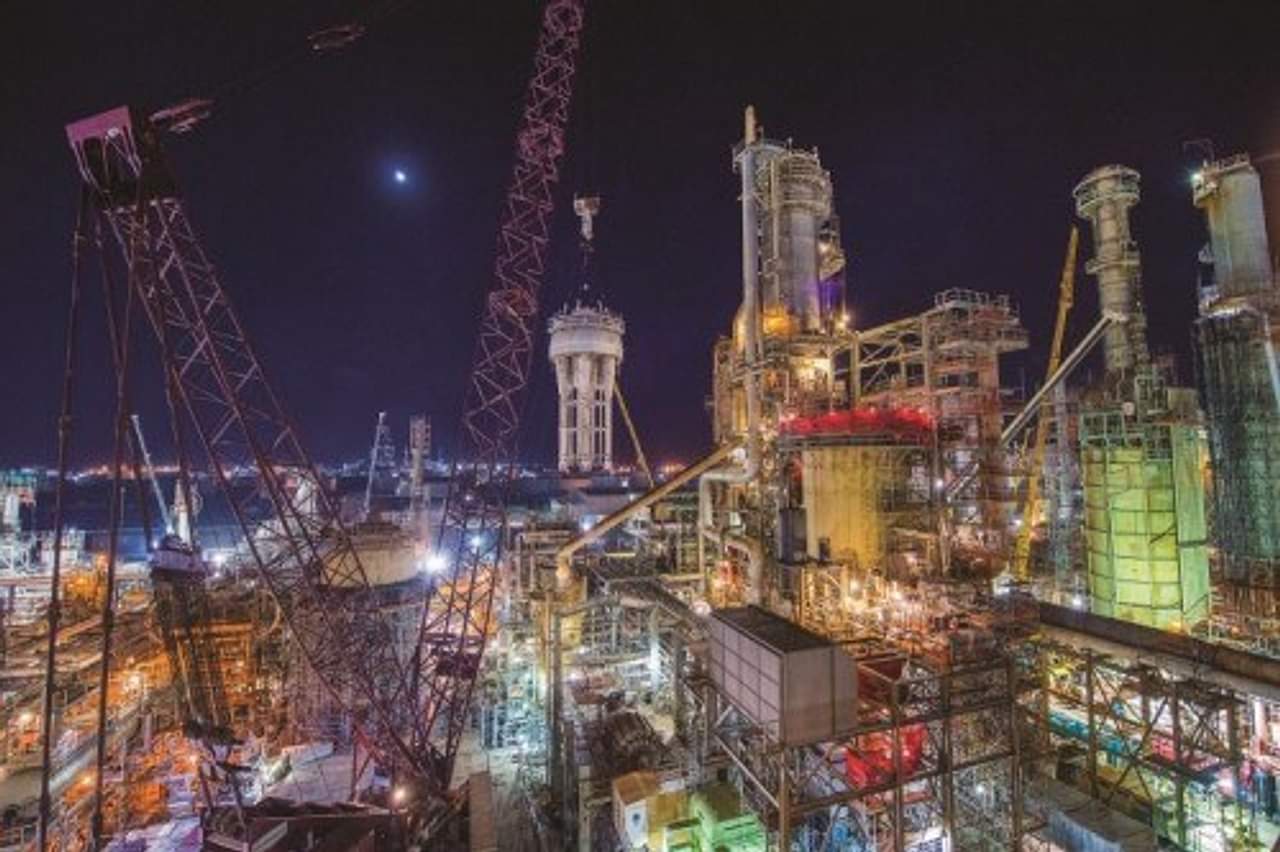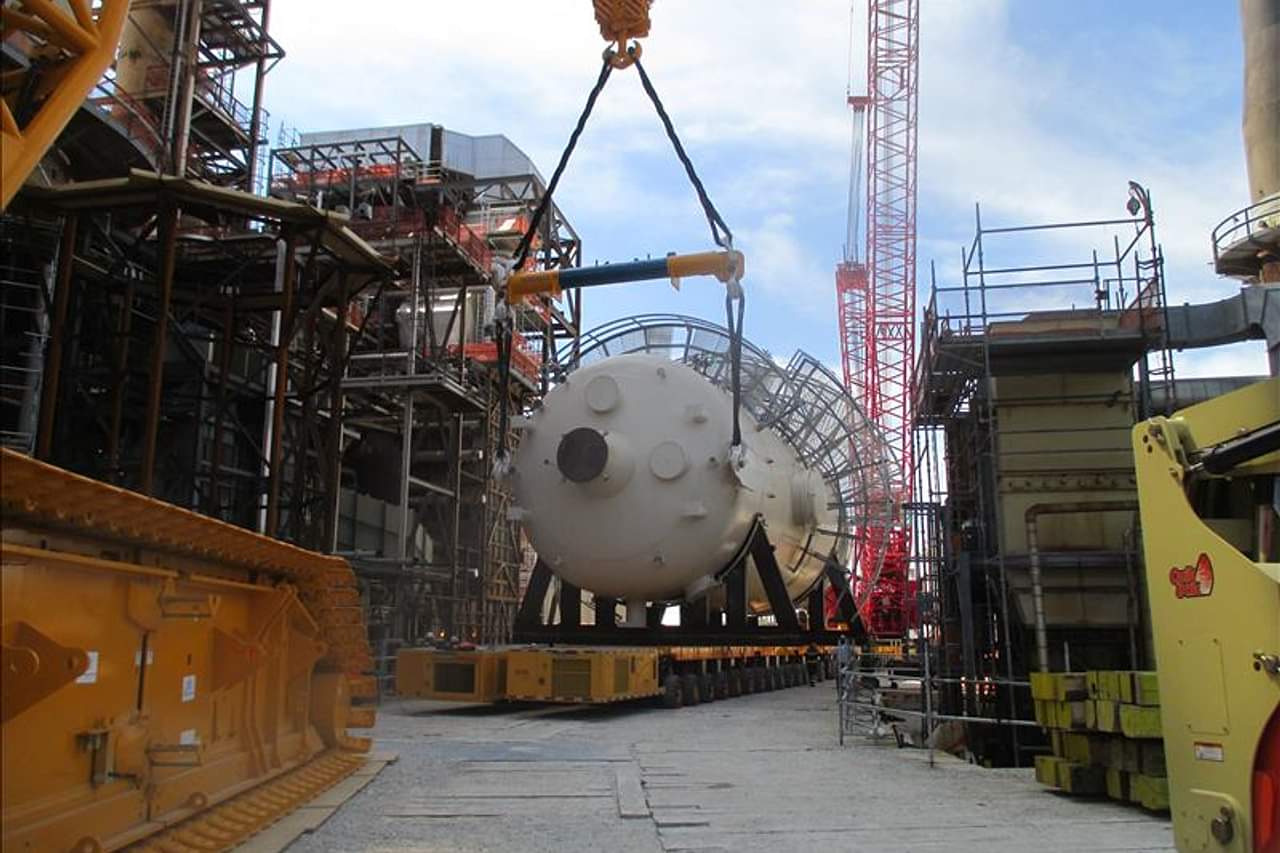News
Refinery Turnaround Requires All Hands On Deck
Posted: 06/09/2017

Featured on news.marathonpetroleum.com http://news.marathonpetroleum.com/refinery-turnaround-requires-all-hands-on-deck
A turnaround is a refinery event where process units are shut down to perform regulatory or integrity-driven inspections on equipment to assess their condition, test operation of safety and critical equipment, and make repairs to equipment that are known in advance or discovered in the turnaround process. A turnaround also replaces catalyst when its useful life ends, cleans equipment to improve performance and efficiency, and make upgrades to equipment to either improve performance, increase capacity, extend its run-life, or meet regulatory requirements.
In other words, refinery units undergoing a turnaround are taken apart – and components are inspected, repaired or replaced – before being put back together. Turnaround activity can either be confined to individual units or parts of a refinery at a time, or in the case of the recent Texas City turnaround, involve the entire plant.
As noted in MPC’s recent earnings release, the company’s turnaround activity for the first quarter was the largest in MPC history and was completed ahead of schedule, under budget and with exemplary safety and environmental performance. “I am especially pleased with our refinery team’s focus on safety, with no lost time injuries incurred in almost 3.5 million hours worked during the turnarounds,” noted MPC Chairman,President and CEO Gary R. Heminger.
The timing for turnarounds is generally in the early or later months of the year, avoiding months which are historically associated with higher market demands. “Margins are typically lower in the first and fourth quarters, so it makes sense that as much turnaround activity as possible is scheduled in that time frame,” says John Weber, Refining Planning director. “Likewise, there’s the weather factor. We don’t like to schedule turnarounds in the heart of winter at our Midwest refineries, but that’s a good time for turnaround activity for our refineries in the South.”
Turnaround events are scheduled years in advance, often in five-to 10-year cycles. Since MPC operates its refineries as one organization, turnarounds are coordinated across the entire Refining organization. The planned dates are primarily driven by mechanical and process integrity requirements. “After a turnaround, a unit is going to operate at much greater efficiency,” adds Weber. “So timing a turnaround can be a bit of a tradeoff.”
“Equipment inspections and repairs are planned into the scope of the turnaround to optimize reliability and minimize the potential for mechanical or process problems occurring between planned outages that could result in unplanned unit downtime,” adds Mike Henschen, Refining Reliability & Engineering director.
Based on the event size and complexity, refineries will typically begin planning for the turnaround 12 to 18 months out, and in some cases even longer. “The planning for a turnaround event is staffed by resources primarily managed by the maintenance department,” notes Henschen. “However, preparation for a turnaround requires the involvement of people from all refinery departments.”
In addition to being a huge expense, when a unit is in turnaround, it isn’t contributing to income-generation. So while safety is always the primary focus, there’s an obvious incentive to complete turnaround activity as quickly as possible. That requires an “all hands on deck” mentality, with 12-hour shifts, work often underway 24-hours a day, and a huge influx of contract workers.
“We are really proud of our track record when it comes to turnarounds,” says MPC Refining Senior Vice President Ray Brooks. “MPC’s turnaround performance is competitive in the industry. Our overall company performance was in the second quartile of the 2014 Solomon Fuels Study, with three of our refineries performing in the first quartile. And as Gary Heminger noted, we couldn’t be more pleased with our first-quarter turnaround performance in 2017.”
Extreme Circumstances Call for Extreme Measures: A Narrow Canal Requires a Side Roll-Off
Posted:07/13/2017
Deep South was contracted to deliver a 750,000-pound reactor to a refinery in northern Illinois. The navigable waterway, a highly-trafficked 125-foot wide canal, required a side roll-off.
